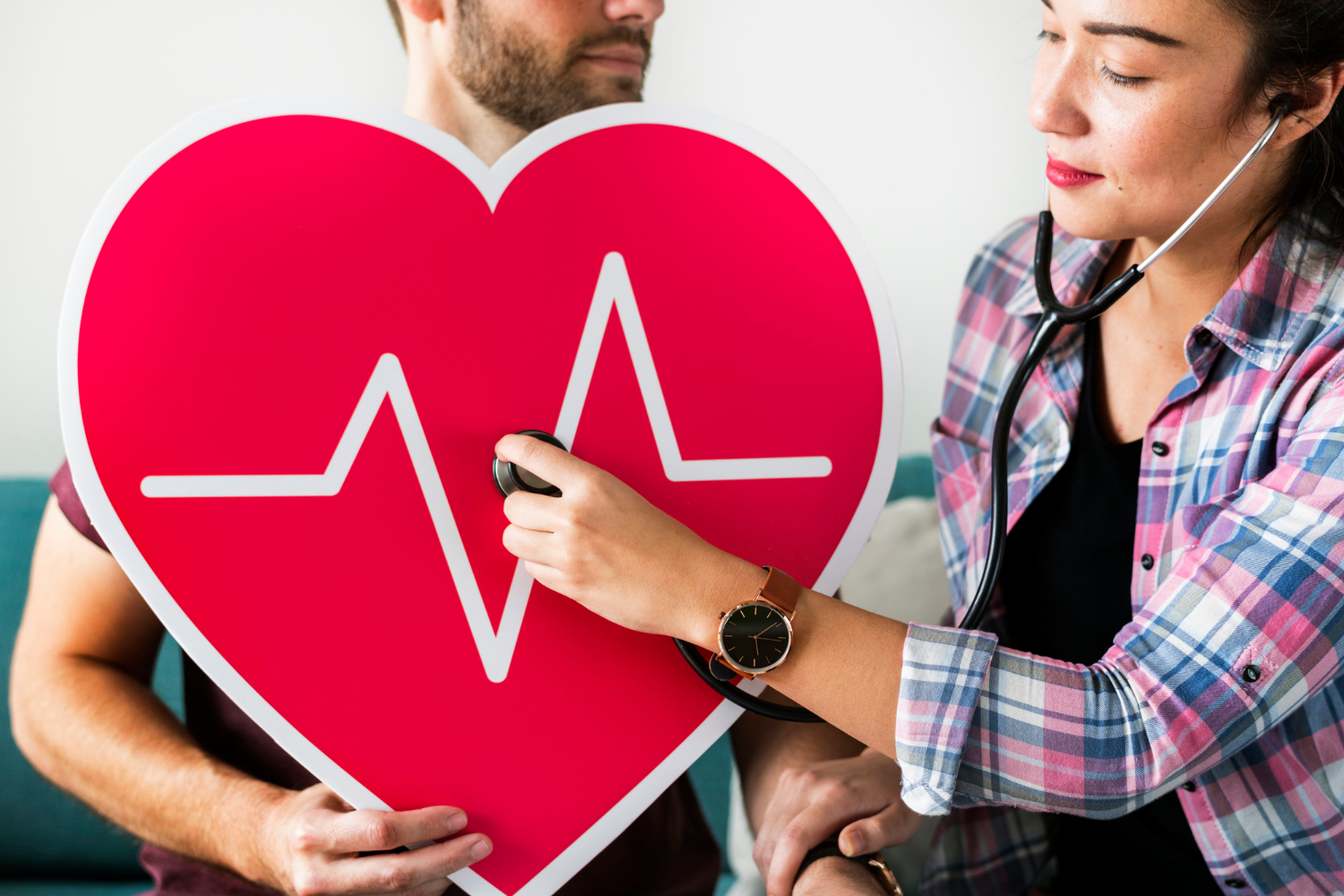Why Is My Heart Beating Fast? Let’s Find Out!

Why Does Your Heart Beat Faster?
It's normal to feel your heartbeat pounding when you're sitting or lying down. Sometimes, it happens suddenly for no clear reason, which can feel strange or even scary. But does a fast heartbeat always mean something serious? Not necessarily. This article explains why your heart rate may increase and when you should see a doctor.
Understanding Your Heart Rate
Before discussing why your heart might beat fast, let's understand a normal heart rate. For adults, a resting heart rate is usually between 60 and 100 beats per minute (BPM). If your heart beats more than 100 times per minute while resting, it's called tachycardia. While this can be worrying, there are many possible reasons for a sudden fast heartbeat.
Common Causes of a Fast Heartbeat
A fast heartbeat can be caused by many factors. Here are some common reasons:
1. Stress and Anxiety
Feeling stressed or anxious makes your body release adrenaline, which increases your heart rate. Sometimes, you may not even realize you are stressed.
• Symptoms: Sweating, shaking, or feeling nervous.
• Solution: Try deep breathing, meditation, or yoga to calm your heart rate.
2. Caffeine and Stimulants
Too much caffeine, nicotine, or some cold medicines can make your heart beat faster.
• Symptoms: Jitteriness, restlessness, or trouble sleeping.
• Solution: Reduce caffeine and switch to decaf options.
3. Dehydration
Not drinking enough water makes your heart work harder to pump blood, increasing your pulse.
• Symptoms: Dry mouth, dizziness, or dark urine.
• Solution: Drink plenty of water, especially after exercise.
4. Heart Problems
Some heart conditions, like atrial fibrillation (AFib) or supraventricular tachycardia (SVT), can cause a rapid heartbeat without warning.
• Symptoms: Dizziness, chest pain, shortness of breath, or fainting.
• Solution: Seek medical help if you experience these symptoms.
5. Thyroid Disorders
An overactive thyroid (hyperthyroidism) speeds up your body's functions, including your heartbeat.
• Symptoms: Weight loss, excessive sweating, and nervousness.
• Solution: A thyroid function test can confirm the condition, and it can be treated with medication.
6. Anemia
Anemia happens when your body doesn’t have enough red blood cells to carry oxygen. Your heart beats faster to make up for this.
• Symptoms: Fatigue, pale skin, and shortness of breath.
• Solution: Eat iron-rich foods or take iron supplements after consulting a doctor.
7. Fever and Infections
When you have a fever or infection, your body works harder, increasing your heart rate.
• Symptoms: Fever, chills, and body aches.
• Solution: Treat the infection, and your heart rate will return to normal.
8. Low Blood Sugar (Hypoglycemia)
Low blood sugar makes your heart beat faster as your body tries to restore balance.
• Symptoms: Shakiness, sweating, and confusion.
• Solution: Eat a carbohydrate-rich snack to raise blood sugar levels quickly.
9. Poor Sleep
Lack of sleep can affect stress hormones and increase heart rate.
-Solution: Get at least 7-8 hours of sleep each night.
10. Unhealthy Diet
Eating too much sugar, processed food, and unhealthy fats can increase heart rate.
- Solution: Eat more nuts, leafy greens, and omega-3-rich fish.
11. Excessive Alcohol
Too much alcohol can cause irregular heartbeats and put extra strain on your heart.
- Solution : Drink in moderation and stay hydrated.
When to See a Doctor?
A fast heartbeat is usually not a concern unless it happens frequently. Seek medical attention if you also experience:
• Chest pain
• Difficulty breathing
• Dizziness or fainting
Diagnosis of a Fast Heartbeat
Doctors may perform tests to find the cause, including:
• Electrocardiogram (ECG/EKG) – Checks the heart's electrical activity.
• Holter Monitor – A device that records heart activity for 24-48 hours.
• Blood Tests – Checks for thyroid problems, anemia, or electrolyte imbalances.
• Echocardiogram – Uses ultrasound to check for heart problems.
Treatment for Fast Heartbeat
Your doctor will decide the best treatment based on what is causing your rapid heartbeat.
Treatment Options:
• Medications: Beta-blockers or calcium channel blockers help slow down the heart rate.
• Lifestyle Changes: Managing stress, eating a healthy diet and regular exercise can improve heart health.
How to Prevent Future Episodes:
• Reduce Stress: Try mindfulness, meditation, or yoga to help slow your heart rate.
• Stay Hydrated: Drinking enough water daily keeps your heart rate stable.
• Limit Stimulants: Cut down on caffeine and alcohol.
• Exercise Regularly: A strong heart maintains a steady rhythm.
Take Action for Your Heart
A sudden fast heartbeat can feel alarming, but it often has simple causes like stress, diet, or caffeine. However, it can also be linked to medical issues like thyroid problems or heart disease.
If your heart races often without a clear reason and affects your daily life, don’t ignore it. Consult a doctor to find the cause and the best treatment for a healthy future.





